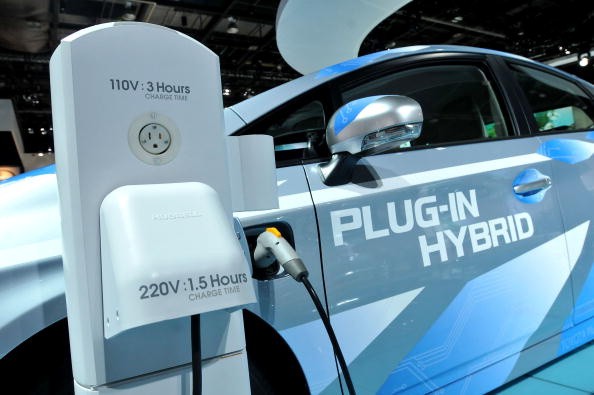EV and hydrogen cell vehicles are among the zero-emission cars in the market. Various manufacturers are releasing new models that could better suit drivers' daily needs in the streets.

Related Article : Delivered Tesla Cars With Missing USB-C Ports Are Attributed to Global Chip Shortage
Since both help decrease the rising carbon emissions across different countries, choosing which one is the best for you is quite hard. You need to consider many factors before deciding if you will get an electric or hydrogen cell-based vehicle.
To help you further, here are their differences, advantages, and the best brands manufacturing them.
EV Vs. Hydrogen Cell Vehicles
According to CNET's latest report, many pros and cons are found in electric vehicles and hydrogen cell cars. Here are some of them:

Also Read : Tesla Model 3 Miami Accident NTSB Preliminary Finding Shows Driver at 90 MPH | FSD Possibly Not Involved
Hydrogen Cell Cars
Hydrogen cell cars work by oxidizing water into an electrical charge. Once this type of power is produced, it will then transfer the energy into its own battery. The advantages of this automobile are the following:
- Only emits water.
- You don't need to rely on charging or gas stations.
- It produces less noise, just like electric vehicles.
As of the moment, the top manufacturers when it comes to developing hydrogen cell cars are Hyundai and Honda.
Electric Vehicles (EVs)
Just like hydrogen cell cars, EVs are also integrated with advanced batteries. However, they need to get power directly from a charging station before they can hit the road. Here are their advantages:
- Almost produces no noise.
- Doesn't produce carbon dioxide.
- Relies on a cheaper power source, which is electricity.
- Usually offers a low center of gravity, which is quite helpful for new drivers.
- Doesn't require complicated ICE maintenance.
Right now, there are many companies that are transitioning to EV production. But, the top brand is still Tesla, which General Motors and Nissan follow.
Which One is the Best?
Based on the details above, EVs offer more advantages than hydrogen cell-based models. This is because electric cars have more power source options since Tesla and other manufacturers are building more charging stations.
On the other hand, these automobiles are also receiving more attention, thus allowing many EV companies to receive more revenues, which are used to enhance their products' features.
But, The Apopka Voice reported that EVs still need to receive more advanced battery cells to be more efficient. Rivian, a rising EV manufacturer, made its market debut in other news.
On the other hand, Tesla enhanced its software with a new navigation feature. All this information clearly shows that the EV market is still growing than ever.
This article is owned by TechTimes
Written by: Griffin Davis




